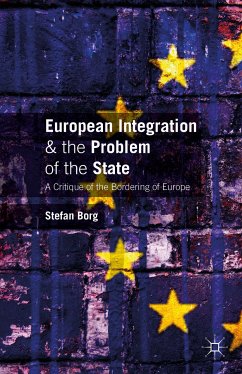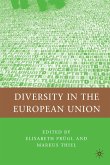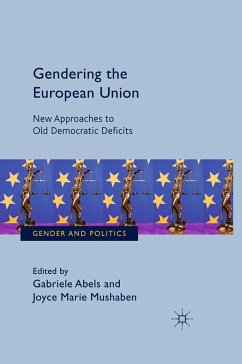Dieser Download kann aus rechtlichen Gründen nur mit Rechnungsadresse in A, B, BG, CY, CZ, D, DK, EW, E, FIN, F, GR, HR, H, IRL, I, LT, L, LR, M, NL, PL, P, R, S, SLO, SK ausgeliefert werden.
"Stefan Borg's new book offers an original entry point into the maze of EU ontology. ... Borg's volume is engaging, well-structured and nicely written. ... Modularity makes the book, or excerpts taken from it, suitable assignments for students in their late master or early graduate school classes. Outside academia, it may well cater to EU experts and practitioners with a taste for politically engaged theorisation." (Furio Stamati, LSE Review of Books, February, 2016)









